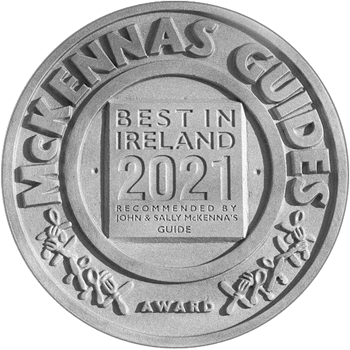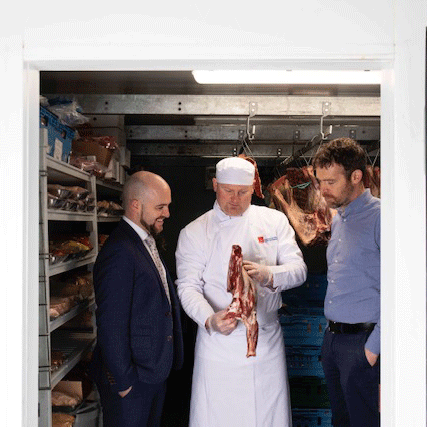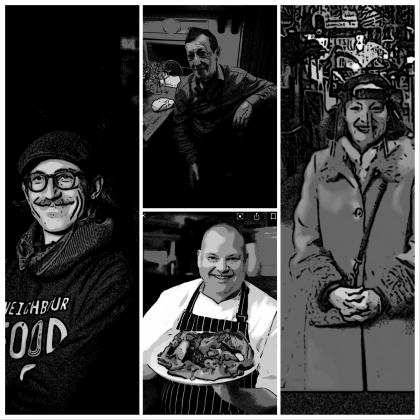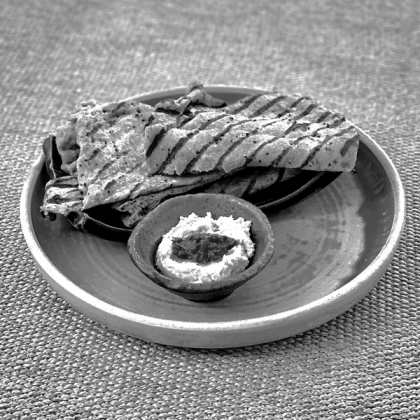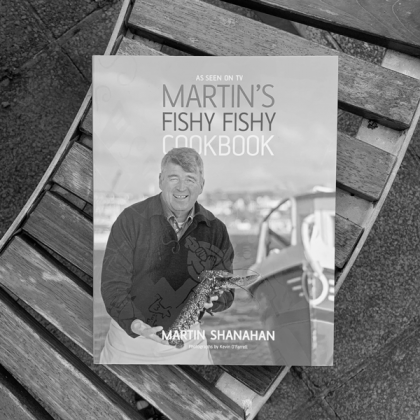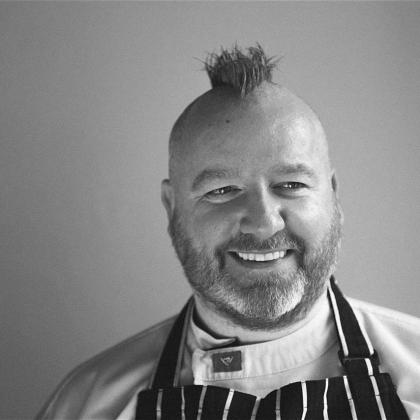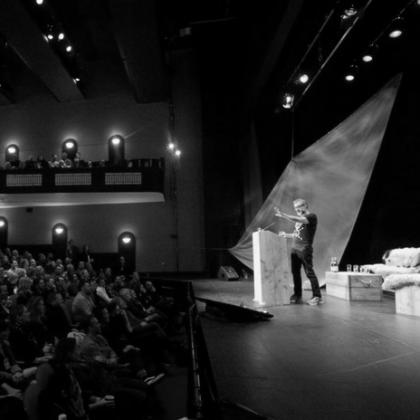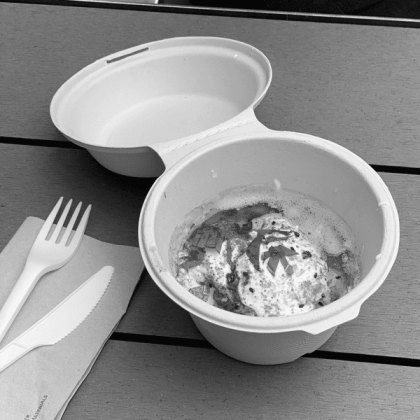Running a posse of restaurants is not the same thing a running a single restaurant. How do you manage to maintain the individual character of each destination, whilst at the same time sharing resources and staff in the hope of keeping costs down?
There are people who manage it, of course: Niall McKenna in Belfast; Jp McMahon in Galway; Ross Lewis, Erik Robson of Ely, Colin Harmon of 3fe.
But one of the finest restaurateurs in this regard is Cork’s Conrad Howard, who directs a quartet of the city’s best places to eat.
You might go to the flagship Elbow Lane, for example, to have chef Aisling Moore’s knock-’em-out savoury cooking, and the restaurant’s sublime beers. And of course you want that snaky, seductive, speakeasy vibe that means the room is always packed out.
In Orso, a more Mediterranean vibe prevails, but the precise, couture quality of the cooking is considered, modest and very assured.
The mothership is Market Lane, and it is one of the most maternal, welcoming and unpretentious places to eat, with a marvelous mix of people. This is an old-style dining room, the type of space that has almost completely vanished in Ireland.
Out in Blackrock, at the Castle, the Castle Café restaurant and bar deals in the sort of numbers that big city restaurateurs would kill for: even on the Wednesday afternoon when we met friends for lunch, the room was turning over more than 120 people. And no surprise: the food is marksman-like sharp.
If you want to know how Mr Howard does this sort of thing, it helps to look at the big picture. For the last few years, the Market Lane group have offered a Culinary Scholarship to a student at CIT who not only cooks the best four-course menu based on their thesis, but must also write a convincing, 2,500 word paper.
This year’s winner was 29-year-old Nigel Cotter, a former butcher who was studying for a certificate in Culinary Skills, and who will now use the money to study the full Chef de Partie Apprenticeship Programme at the college.
I drove to Bishopstown to have a chat with Nigel, and have some lunch in CIT, and he revealed that whilst working as a butcher, getting the chance to cook full-time was a pipe dream.
Even as a butcher, however, Mr Cotter was frustrated by the lack of provenance of what he was putting on the shelves, and this not only directed his menu, but especially his winning thesis, entitled “Provenance, Partnership and Promotion: how can restaurants do a better job of promoting their key local suppliers and what are the benefits of doing so.”
“It’s a whole issue of sustainability,” Nigel told me, “and it’s a topic where we have only scratched the surface.”
The good news for Cork is that Mr Cotter is spending his time in the kitchens at the Castle Café, before going back to his studies. This is a win-win for Market Lane, for CIT, for Mr Cotter, and for Cork city.
We talk about the provenance of food, but we also need to talk about the provenance of our chefs, and Mr Cotter’s culinary mantra – ‘Learn, be humble, work hard. You know, you always need to know how to make skirt steak into a pastie’ – is the sort of code to which we can all say: amen to that.
Pictured, De Noel Murray, Head of Departement, Tourism & Hospitality, CIT, Nigel Cotter and Conrad Howard
